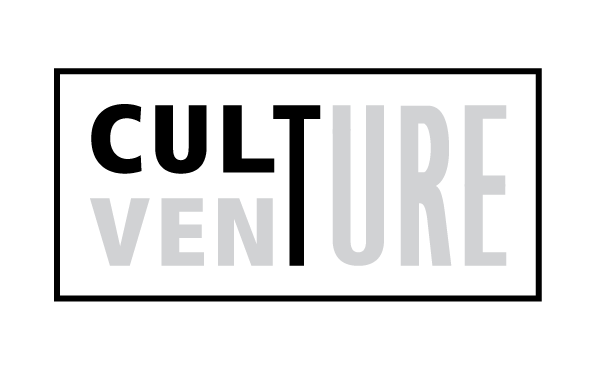Toni Attard, Founder & Director of Culture Venture, has been appointed as one of the seven validators of EKIP engine- a European Cultural and Creative Industries Innovation Policy Platform – a Horizon Europe project aimed at supporting the development of policies that establish open innovation processes as the new standard.
The other validators are Anna Whicher, Associate Director of Research and Professor of Design and Policy at PDR, International Centre for Design and Research, Cardiff Metropolitan University, Cristina Farinha, freelance expert on policy research, development, evaluation and trasnational cooperation, specialised in culture, heritage and the creative economy, Daria Golebiowska – Tataj, Professor in innovation and entrepreneurship & High-Level Expert at the European Commission, Ellen Loots, Associate Professor of Cultural Economics and Entrepreneurship at Erasmus University Rotterdam, Netherlands, Paul Hekkert captain of science of the Dutch Creative Industries sector and member of the executive board of the Design Research Society, Philippe Kearne, Founder & Managing Director of KEA & International Cultural Policy Designer, and, Pier Luigi Sacco, Professor of Biobehavioral Economics, Department of Neuroscience, University of Chieti-Pescara, Senior Advisor to the OECD Center for Entrepreneurship, SMEs, Regions, and Cities, and Affiliate Researcher at the metaLAB (at) Harvard.
This initiative seeks to ensure that supportive ecosystems can cultivate the capacity to manage complex multi-stakeholder innovation processes, which are necessary to realize greater innovation within Europe’s Cultural and Creative Industries. The 17 partners of ekip bring specific competences to the innovation policy platform. The process of formulating policies to develop innovation ecosystems for the creative industries is compared to an engine. More than 50 CCI network and organisations across Europe, including Culture Venture, are engaged to start the policy engine by defining and giving the engine data about policy areas. The data is then analysed, prioritised, and further processed and brought to the Policy Lab. In the lab, new formulations are produced, iterated, and tested in partner cities ecosystems. To make sure that the policies are scaled and implemented, the final step is managed by an Observatory. A model called LIEPT (Lund Innovation Ecosystems Portfolio Tracking), will be implemented to follow the effect of the policies in ecosystems.
More information about EKIP can be accessed here.
